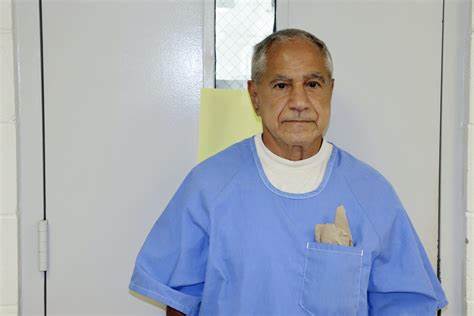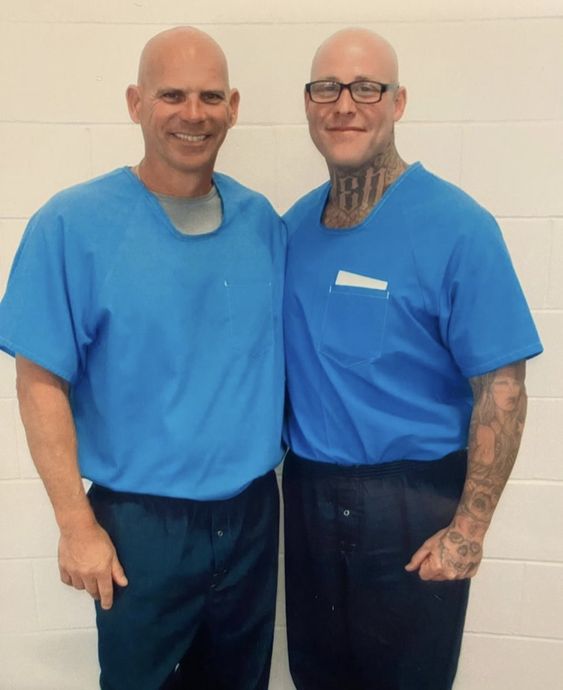Daniel Marsh - Davis, California

A California appellate court has rejected Davis killer Daniel Marsh’s petition for sentencing relief, ruling for a second time that a 2019 state law regarding juvenile offenders doesn’t apply to his double-homicide case. At issue: Whether Marsh, tried as an adult and sentenced to 52 years to life for the 2013 murders of Oliver “Chip” Northup and Claudia Maupin, qualifies to seek a lesser sentence under Senate Bill 1391, which banned 14- and 15-year-olds from being tried as adults in California . Much of the appeal centered around the issue of finality — that is, whether Marsh’s sentence was final when the new law took effect, more than four years after his sentencing hearing in Yolo Superior Court.



